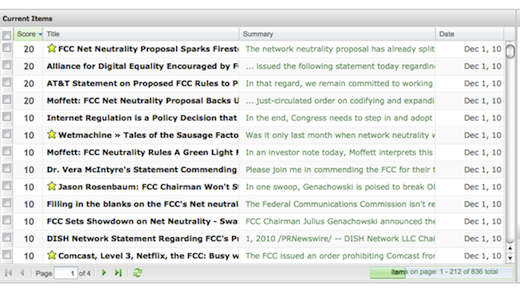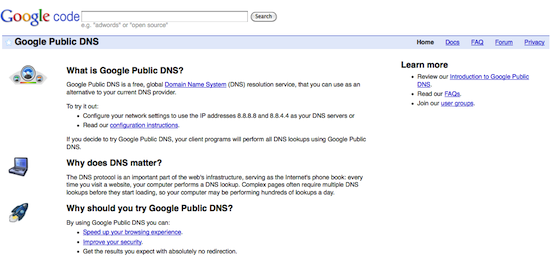 I was finally able to spend quality time with the Parse.ly Reader, an app designed to show some of the capabilities of the underlying Parse.ly platform, called P3, which is currently in beta. To be clear, unlike many other players in the recommendation patch (GetGlue, Xydo, Hunch, etc.), this NYC-based startup is not in the business of providing a direct service to users.
I was finally able to spend quality time with the Parse.ly Reader, an app designed to show some of the capabilities of the underlying Parse.ly platform, called P3, which is currently in beta. To be clear, unlike many other players in the recommendation patch (GetGlue, Xydo, Hunch, etc.), this NYC-based startup is not in the business of providing a direct service to users.
Instead they give access to their cloud-based recommendation server through a set of RESTful APIs. The Reader app is just a demonstration of what can be done with their technology.
So what can be done?
After reading through the P3 reference documents and interacting with the Parse.ly Reader, you quickly see that P3’s aim is to reproduce formerly expensive, proprietary technology mastered by a few players (Netflix, Amazon) for businesses in general— most likely, those in the small-to-medium bins.
It’s another Nick Carr moment for me, in which technology has turned a previously mysterious application, recommendation algorithms in this case, into something closer to an appliance meant for wider usage. Continue reading



 In case you weren’t at the Web 2.0 Summit earlier this month to hear FCC Chairman Genachowski, O’Reilly has published the interview on YouTube. My Google Reader had already bombarded me with excerpts of Genachowski’s remarks (“net neutrality will happen”) and his unhappiness with the Google-Verizon proposal.
In case you weren’t at the Web 2.0 Summit earlier this month to hear FCC Chairman Genachowski, O’Reilly has published the interview on YouTube. My Google Reader had already bombarded me with excerpts of Genachowski’s remarks (“net neutrality will happen”) and his unhappiness with the Google-Verizon proposal.


